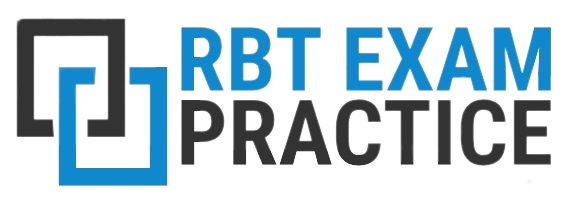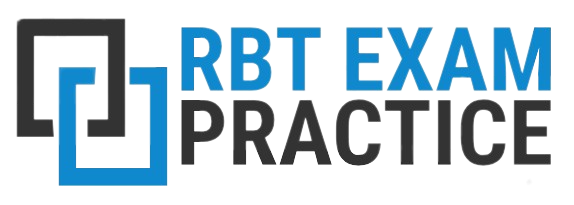If you want to become a Registered Behavior Technician, you must sit for the RBT competency assessment that is held annually by the Behavioral Analyst Certification Board (BACB) for both beginner and practicing RBT professionals.
As a working technician in this field, you will find yourself implementing behavioral development plans on children and adults while also handling the day-to-day situations and emergencies that may result from the issues the clients are currently having.
Therefore, it is no surprise that the RBT competency assessment is intended to measure both the theoretical knowledge and the practical expectations of the student. If you are applying for an RBT renewal competency assessment, you will also be additionally judged on the latest developments in the field so that BACB can determine whether or not you are keeping up with the new age understanding of behavioral science, psychology, and sociology.
Contents
RBT Competency Assessment: What To Expect?
The journey of a Registered Behavior Technician starts with a mandatory 40-hour training program. The program covers the basics of foundational applied behavioral science and analysis and provides a comprehensive understanding of the real-life application of these concepts.
Once the standardized training program has come to an end, the trainee is expected to sit for the RBT initial competency assessment. Once they have cleared this test, the new professional will be appointed a supervisor to work under. The test can be taken both online and offline – this is something that you can personally set up with your assessor!
The supervisor may also request the RBT professional to sit for an initial interview. As a working professional, however, the RBT candidate must keep appearing for an RBT renewal competency assessment every year – only then will the individual stay licensed to practice in this field.
The RBT competency assessment measures the following:
- Measurement: foundational statistics, data collection and presentation, graphs and charts, understanding of modern measurement software, continuous and discontinuous measurement
- Assessment: understanding of assessment models approved by BACB, understanding how to administer assessment, proper documentation and reporting, observation and interpretation of data
- Skill acquisition and behavior reduction: fundamentals of human behavior, situational and environmental awareness, discrete trial teaching, naturalistic teaching, chaining, shaping, differential reinforcement, extinction, discrimination training, token system, prompting, stimulus control transfer, handling emergency and crises
- Professionalism guidelines: self-assessment, session notes, client dignity and privacy, adhering to ethical guidelines, informed consent, clinical direction, and supervision requirements.
The RBT initial competency assessment is not just a written test but will also include 20 tasks. These tasks can be of the following type:
- Role plays with the assessor or colleague
- Interaction with client
- Interview with assessor
Tasks 1 to 3 will evaluate your measurement skills.
Tasks 4 and 5 will evaluate your assessment skills.
Tasks 6 to 15 will evaluate your skill acquisition and behavior reduction ability skills.
Tasks 16 to 20 will evaluate your professionalism and required skills.
How Do I Prepare For RBT Competency Assessment?
The RBT competency assessment study guide involves every concept that the RBT professional is taught during training, including specific terminologies and important case studies. Of course, the difficulty levels for RBT initial competency assessment and RBT renewal competency assessment are different.
In general, some areas of special focus for students include:
- Introductory Applied Behavior Analysis
- Introductory group psychology
- Introductory child development
- Theoretical understanding of differently abled populations as well as following social integration
- Measurement processes including research methods, data collection, duration and latency measures, etc
- All standard ABA assessment techniques approved by the BACB
- Behavior reduction strategies like differential reinforcement and shaping
- Emergency training to tackle and deescalate high-intensity situations
- Proper training in documentation and reporting – includes monthly reports, progress notes, self-assessment questionnaires, team assessment questionnaires, etc.
Most of the questions and tasks will involve the syllabus covered in the 40-hour RBT course guide.
Exam takers can also choose an RBT competency assessment study guide or preparation pack that will include every type of task or question generally asked during RBT competency assessment.
Conclusion
In the end, it comes without question that only those individuals who have a thorough understanding of their professional and ethical job rules will be able to perform well on the RBT competency assessment online.
Indeed, the syllabus might feel too vast and diffused, but the questions are always objective and practical with the aim of understanding how well the exam taker can grasp a real-life situation. Behavior technicians are advised to continue gaining real-life experience while they prepare for this exam so that they can perform better in the written questions.


